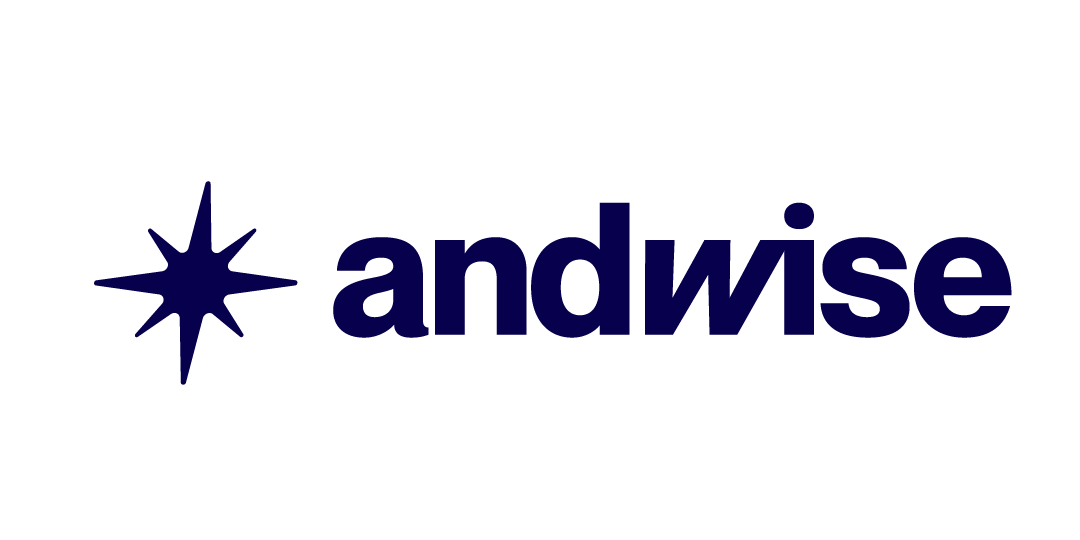
Jennifer Streaks
Oct. 18, 2023
Almost as soon as the new year starts, tax season gets underway. But if you wait until then it can be too late to do yourself any good for your tax filing. There are things you don't want to miss to get on the right track for tax season now.

Edwin Tan/Getty
Here are three tax mistakes you don't want to make by the end of the year:
1. Not contributing to a retirement plan
It's not too late to contribute to some retirement plans. You have until Tax Day, April 15, 2024, to make contributions of up to $6,500 to an IRA (or combination of traditional and Roth IRAs) for the 2023 tax year.
If you are 50 or older by the end of 2023, you can contribute up to $7,500 to your IRA(s).
If you do not contribute to an employer sponsored retirement plan like a 401(k), contributions to a traditional IRA may be tax deductible. If you do participate in an employer sponsored retirement plan, the deductibility of your contributions will be determined by your modified adjusted gross income (MAGI) and your tax filing status.
2. Forgetting about 1099 income
You might receive Form 1099-NEC for freelance work you performed or Form 1099-S for proceeds from the sale of real estate transactions. It's very important to report all of the income you earned throughout the year on your return, regardless of the source.
The IRS receives copies of the 1099 forms sent to you. And while the IRS may not notice right away if you make a mistake and don't report income for which you received a Form 1099, it will eventually. If it appears you did not report all your income, you'll get a notice from the IRS with a balance due.
3. Reporting an inaccurate amount for charitable donations
Making non-cash contributions (like donating a used car) to a charity can be a good move. It helps the charity, plus you generally can claim a deduction for the item's value.
What's not a good move: taking a larger deduction for your contribution than you should. For example, my parents donated a used car to a charity. At tax time, they couldn't find the donation receipt. Instead of estimating the value for their taxes, they called and got another copy of the receipt.
Overestimating your deduction could cause the IRS to disallow part of it. As a result, you could end up owing additional tax plus interest and penalties. The resulting penalty can be significant if you were substantially off in your estimate. Always be sure to report contributions as correctly as possible. Even better if you can include a copy of the donation receipt.
Not missing out on these tax moves can help with a smoother tax experience and may also save you money.
Subscribe to Business Insider's Financial Insights Newsletter
This Business Insider article was legally licensed by AdvisorStream


